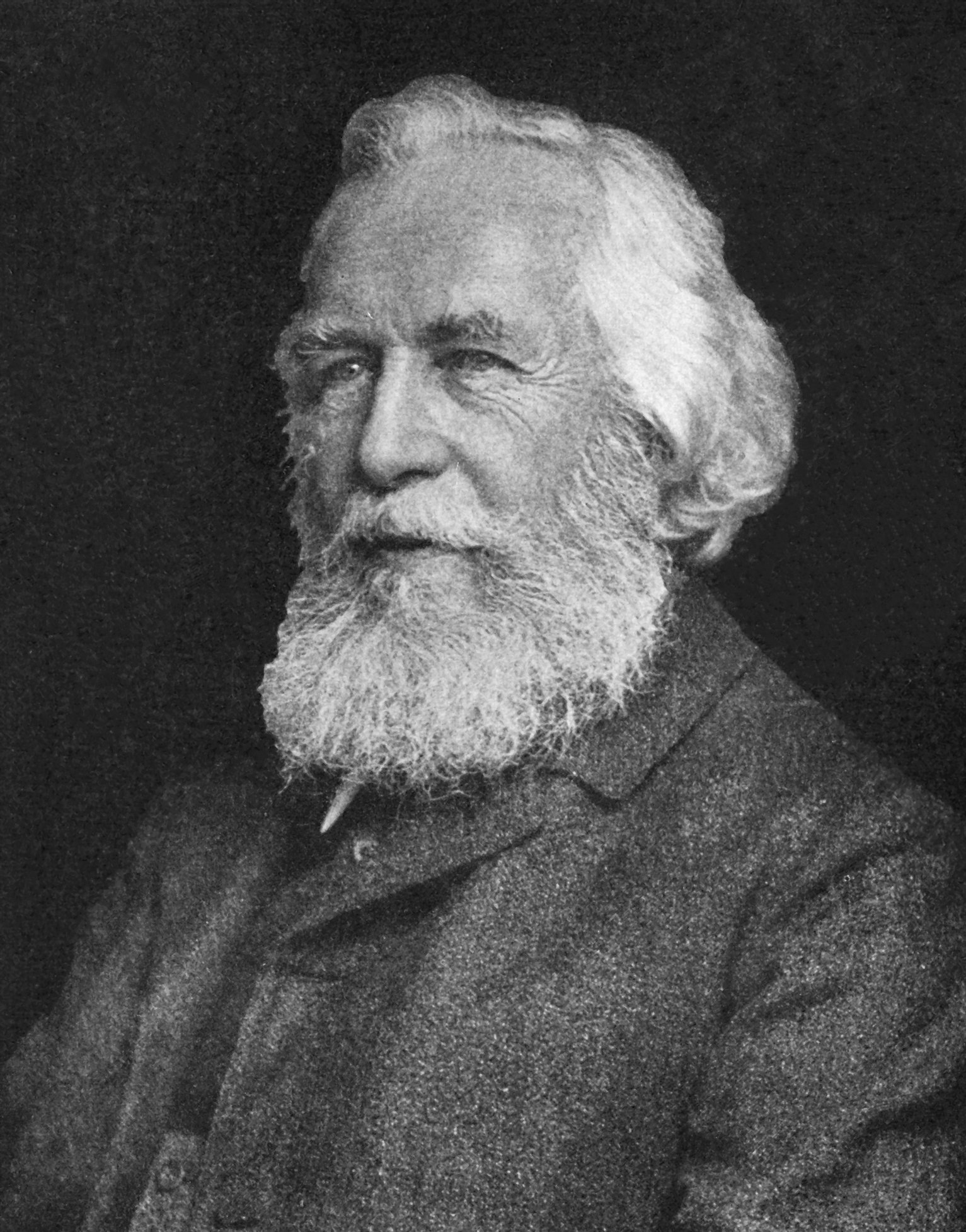Ernst Haeckel
 Ernst Heinrich Philipp August Haeckel (; 16 February 1834 – 9 August 1919) was a German zoologist, naturalist, eugenicist, philosopher, physician, professor, marine biologist and artist. He discovered, described and named thousands of new species, mapped a genealogical tree relating all life forms and coined many terms in biology, including ''ecology'', ''phylum'', ''phylogeny'', and ''Protista.'' Haeckel promoted and popularised Charles Darwin's work in Germany and developed the debunked but influential recapitulation theory ("ontogeny recapitulates phylogeny"), falsely claiming that an individual organism's biological development, or ontogeny, parallels and summarizes its species' evolutionary development, or phylogeny, using incorrectly redrawn images of human embryonic development, images which heavily influenced the public to believe in the theory of evolution. Whether he intentionally falsified the images or drew them poorly by accident is a matter of debate.
Ernst Heinrich Philipp August Haeckel (; 16 February 1834 – 9 August 1919) was a German zoologist, naturalist, eugenicist, philosopher, physician, professor, marine biologist and artist. He discovered, described and named thousands of new species, mapped a genealogical tree relating all life forms and coined many terms in biology, including ''ecology'', ''phylum'', ''phylogeny'', and ''Protista.'' Haeckel promoted and popularised Charles Darwin's work in Germany and developed the debunked but influential recapitulation theory ("ontogeny recapitulates phylogeny"), falsely claiming that an individual organism's biological development, or ontogeny, parallels and summarizes its species' evolutionary development, or phylogeny, using incorrectly redrawn images of human embryonic development, images which heavily influenced the public to believe in the theory of evolution. Whether he intentionally falsified the images or drew them poorly by accident is a matter of debate.The published artwork of Haeckel includes over 100 detailed, multi-colour illustrations of animals and sea creatures, collected in his ''Kunstformen der Natur'' ("Art Forms of Nature"), a book which would go on to influence the Art Nouveau artistic movement. As a philosopher, Ernst Haeckel wrote ''Die Welträthsel'' (1895–1899; in English: ''The Riddles of the Universe'', 1900), the genesis for the term "world riddle" (''Welträtsel''); and ''Freedom in Science and Teaching'' to support teaching evolution.
Haeckel promoted scientific racism and embraced the idea of Social Darwinism. He was the first person to characterize the Great War as the "first" World War, which he did as early as 1914. Provided by Wikipedia
